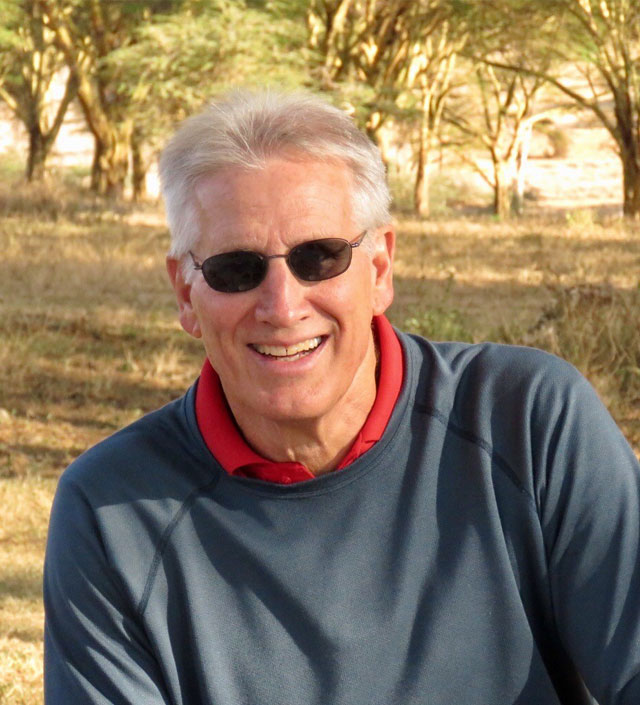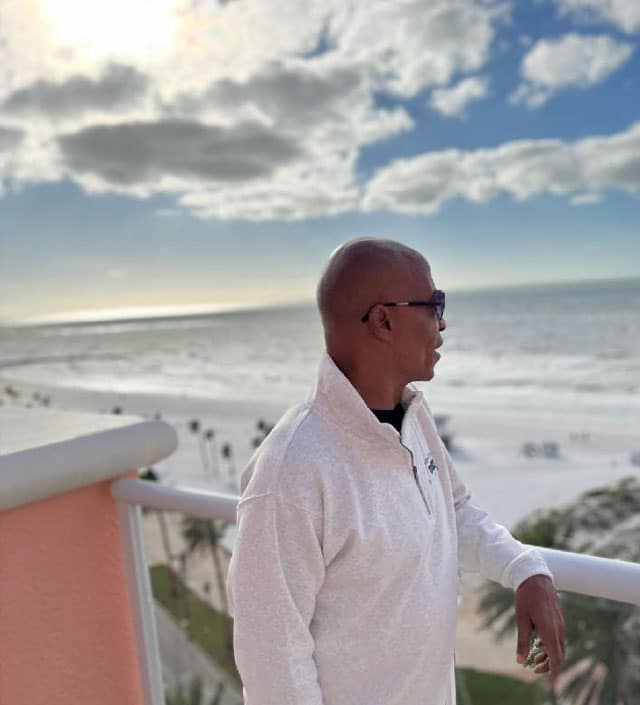More Americans now consider retirement not as a time of “waiting for the batteries to wear out,” but as a chapter that can be productive and might last 30 years, according to a new study.
But the largest group of the study’s respondents admitted they didn’t prepare well for this chapter, and they said they lacked the financial security to enjoy the so-called golden years.
Maybe, as author and gerontologist Ken Dychtwald said at a recent Edward Jones Age Wave webinar on aging, longevity and retirement, American high schoolers should be required to take a course in finance.
“Almost every state requires a sex education course be taught in high school, but financial education is not required; what’s up with that? People are going to be living 100 years and they need to know how to support themselves. But we don’t educate them; that is just wrong,” Dychtwald said.
Using study data as a guide to what lies ahead for the uninformed, Dychtwald said that the discontented retirees are “very pessimistic and not enjoying their lives.
“Sixty-one percent of those asked said they wished they had planned the financial aspects of their retirement better, and 54% said they wished they had planned better for their lives, in general,” he said.
Dychtwald, founder and CEO of Age Wave, discussed the findings of the new study, “Longevity and the New Journey of Retirement’’ at a webinar presented by Edward Jones and Age Wave, a company that studies the impact of aging on society. He was joined by Mona Mahajan, a senior investment strategist at Edward Jones.
The Power of Compounding
Starting to save early is essential to achieving a secure later life, the participants said. Dychtwald mentioned oft-quoted Warren Buffett on the value of compounding, and Mahajan said Nobel physicist Albert Einstein marveled that “compounding was the eighth wonder of the world.
“You can see how important it is to prepare for retirement early and how financial foresight can pay off by these figures: If you started to save $5,000 at 45, you would have $200,000 at 65. But if you started to save $5,000 a year at 25, you’re now looking at close to $1 million by 65.
“If you can double that contribution, to $10,000 a year, you will have close to $2 million at retirement, and if you can work an extra five years and retire at 70, you will have well over $2 million. The power of compounding is the best friend of the investor,’’ Mahajan said.
Four Types of Retirees
The study, which was based on online forums, focus group discussions and a survey conducted by The Harris Poll for Edward Jones and Age Wave, found four distinct groups of retirees. The most successful group was The Purposeful Path.
“The first group, which is doing really well and considers this a wonderful chapter in their life, is also the best prepared for retirement, including financial preparation. They started saving decades ago, at the average age of 34,” said Dychtwald.
“They’re trying new things and they view themselves as pioneers. They’re pathfinding new ways to be 70 and beyond,” he said.
The second and third groups — Relaxed Traditionalists and Challenged and Hopeful — are optimistic and engaged, but have less financial security and fewer grand goals.
The fourth and largest group — the Regretful Strugglers — feels the most anxious and isolated and are the worst prepared for retirement, he said.
“Many got hit hard by an unfortunate health event, maybe a loved one with Alzheimer’s, or not being able to continue their job. This is not their dream of retirement, and they are not open to live long lives,” Dychtwald said.
Forging a More Proactive Path
Educators and the media must provide information and guidance to young Americans, the earlier the better, Dychtwald said.
“They need to think about what kind of life they want to live, and what moves they need to make for an ideal version of maturity and longevity,” he said.
Among the most successfully retired, there are five habits of success: actively maintaining health, continuing to be socially engaged in later years, leading a purpose-filled life, being mindfully involved with financial strategy and management, and a willingness to be flexible.
“Wiling to be flexible means being open to move to a less expensive neighborhood or another state, or living in a communal setting, sort of like the Golden Girls, and even going back to work,” Dychtwald said.
The survey found that 59% of respondents were interested in doing some form of work in retirement. Mahajan said decisions such as working or relaxing depended on what phase or stage of retirement a person is in.
The Four Stages of Retirement
She said the four stages are anticipation, which takes place about 10 years before retirement; liberation, which occurs in the first few years; reinvention, which is the heart of retirement, and reflection and resolution, about 15 years into retirement.
Two-thirds of respondents said that they would like to live until age 100, while many viewed 29 years as the ideal length of time for retirement.
Many felt that they would live until age 89.
Ad for Dychtwald, “I got interested in this subject when I was 24; I’m now 72 and I’m still working, obviously,” he said. “But when my mom and dad reached their 70s, they believed they were in the bottom innings, and it was a time to socialize and wait for the batteries to wear out.
“But look what is coming. In 2025, the area of greatest population growth will not occur from new births and more young people but the opposite, the over 65s,’’ he said.
Longtime Retirees Get Happier
Mahajan said the report included good news.
“In those who have been retired 15-plus years, they have an elevated level of happiness and contentment. For those who can survive and thrive with what you have, despite challenges, there is the peace that you have lived a good life and have a legacy to leave behind.”
The nationally representative survey of more than 11,000 people was conducted online in January and February 2022. Age Wave conducted research for the study through online forums and focus group discussions. Respondents included U.S. and Canadian adults age 45 and older who are retired or within 10 years of retirement.
Eleanor O’Sullivan is an award-winning journalist.







